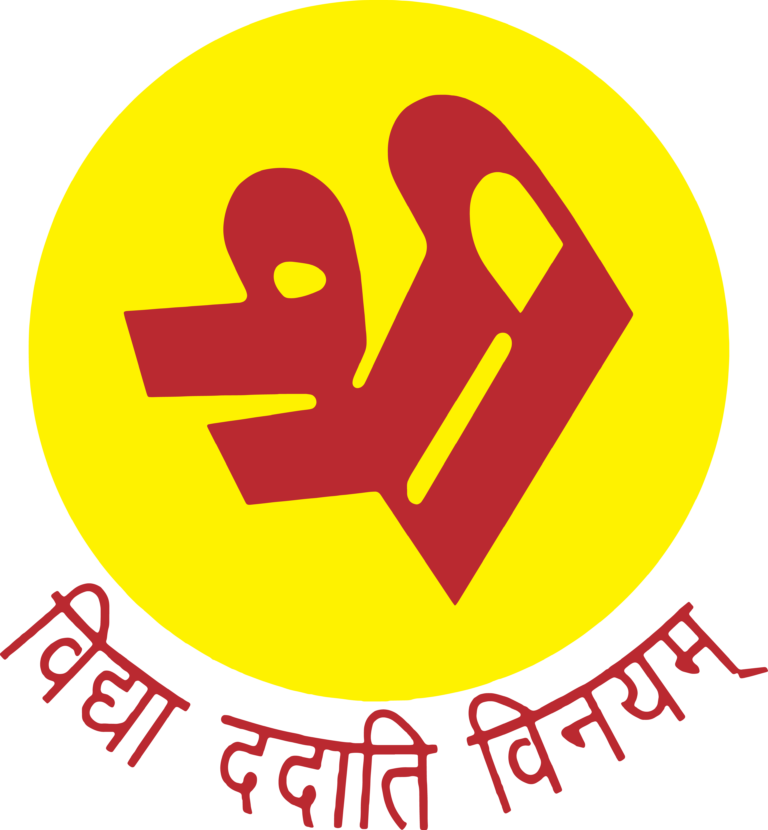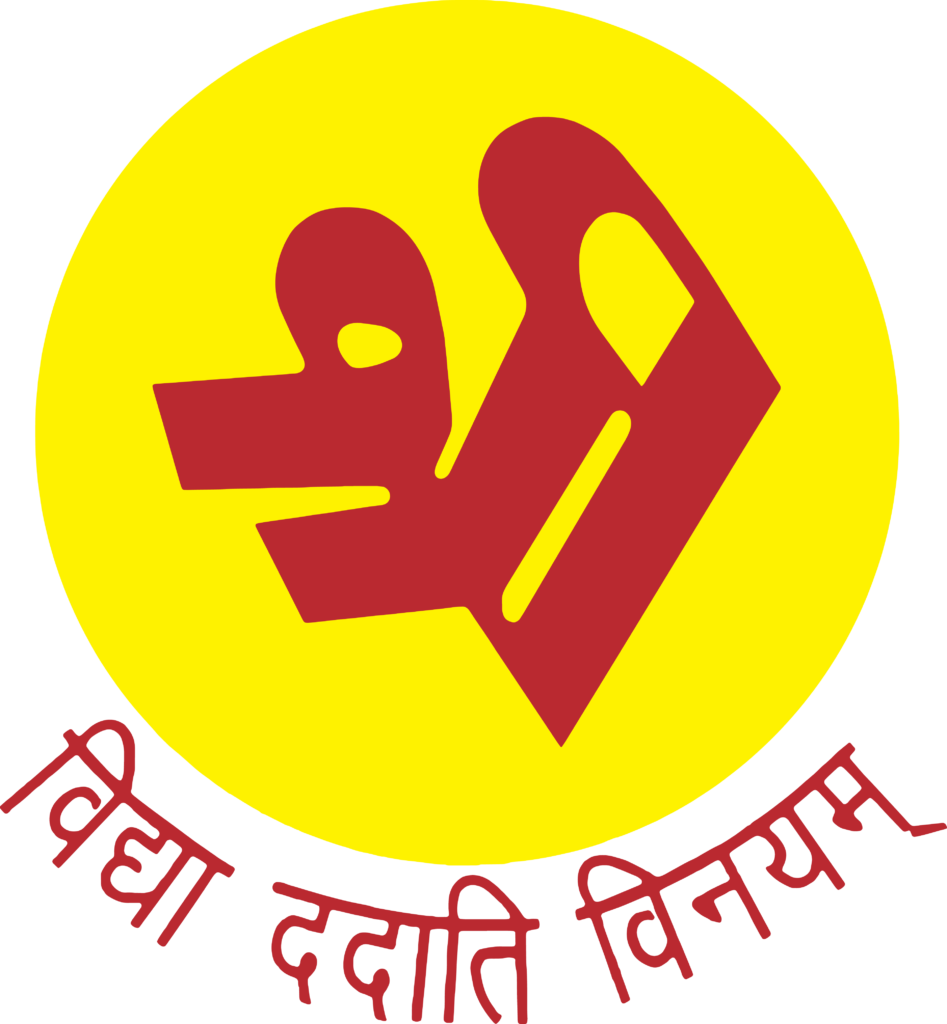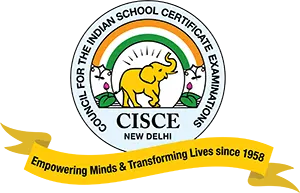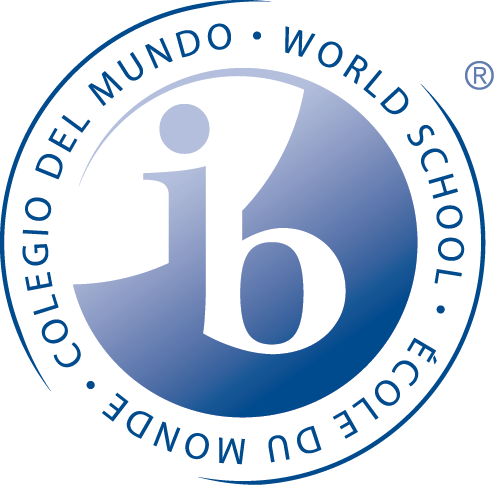Approaches to Teaching
In This Section
The IB programme stands apart due to its unique pedagogical principles that guide it. The framework revolves around ten carefully identified attributes that shape the learner. Some of the guiding principles include:
- inquiry-based learning
- constructivism
- teaching for lifelong learning
- experiential learning
These principles reflect an innovative and creative approach to learning, tailored to meet the demands of the modern world and address the diverse needs of students.
In a typical IB class, both the facilitator and the student are challenged, requiring a well-honed critical faculty to absorb, assimilate and create! The programme is distinct also because of the inclusion of differentiated learning and understanding of diverse learning styles. The aim is to foster a culture of curiosity where learners feel secure, respected and empowered to express their ideas without fear of judgment or ridicule. Debates, arguments and discussions are encouraged in the IB classroom as students engage in an effort to gain a deeper understanding of the world while imbibing the value of respecting differing opinions.
The teaching in the IB programme never stops at ‘what’ and delves into the ‘how’, ‘why’ and even dares to explore ‘can it be different’? The emphasis is on pushing the boundaries of learning, expanding the mind and instilling a lifelong love for learning.
An illustration of the interdisciplinary approach, a key feature of the IB programme, is put into action at TSRS was seen at the recent educational trip taken to the Andaman Islands. During the trip, the students conducted a comprehensive study of the islands’ ecosystem, carried out a survey to assess the impact of the Tsunami disaster on the economy as well as the environment, and interacted with the indigenous people to gain insights into their cultural practices. All of these activities were carried out while ensuring an enjoyable and immersive experience for the students.




